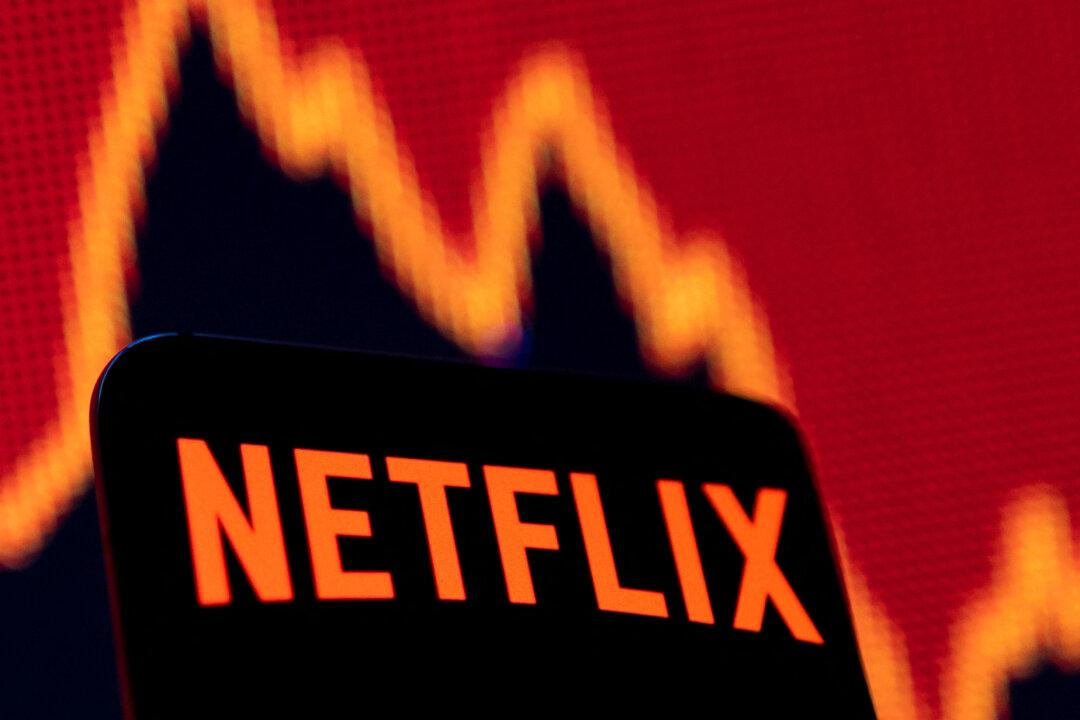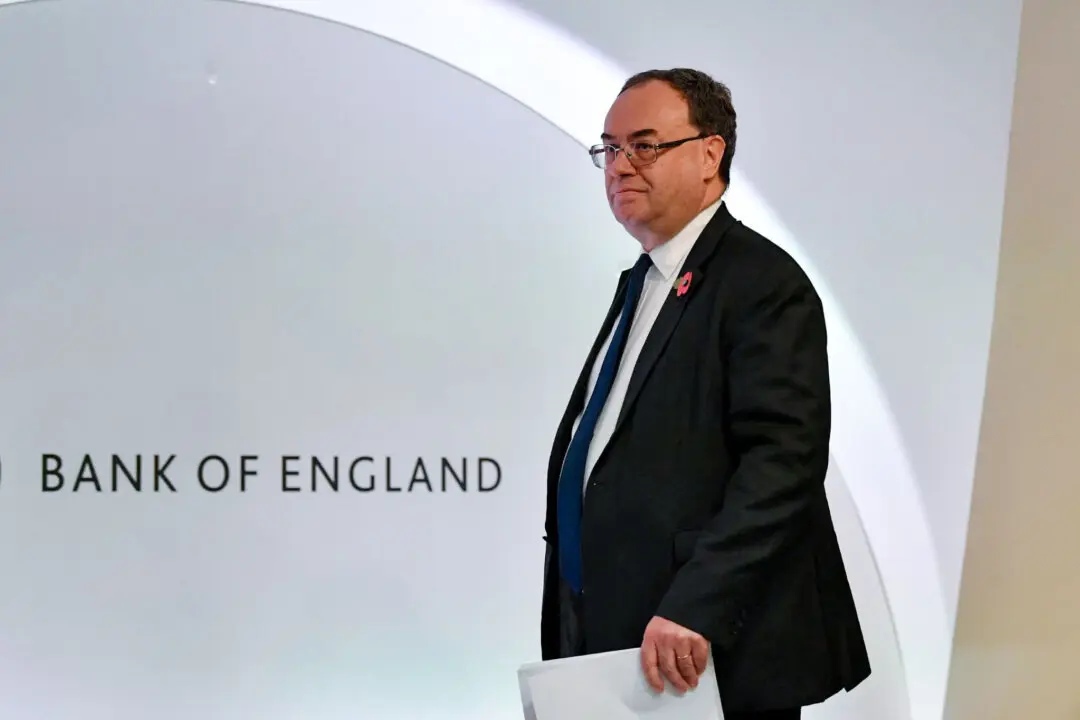Netflix has warned that a bill to reform regulation of public service broadcasters could “prove unworkable” and have a “chilling effect” on what the streamer offers in Britain.
Benjamin King, Netflix’s director of public policy in the UK and Ireland, spoke at a Westminster Media Forum event, where he addressed the issues arising from the provision of the Media Bill.





